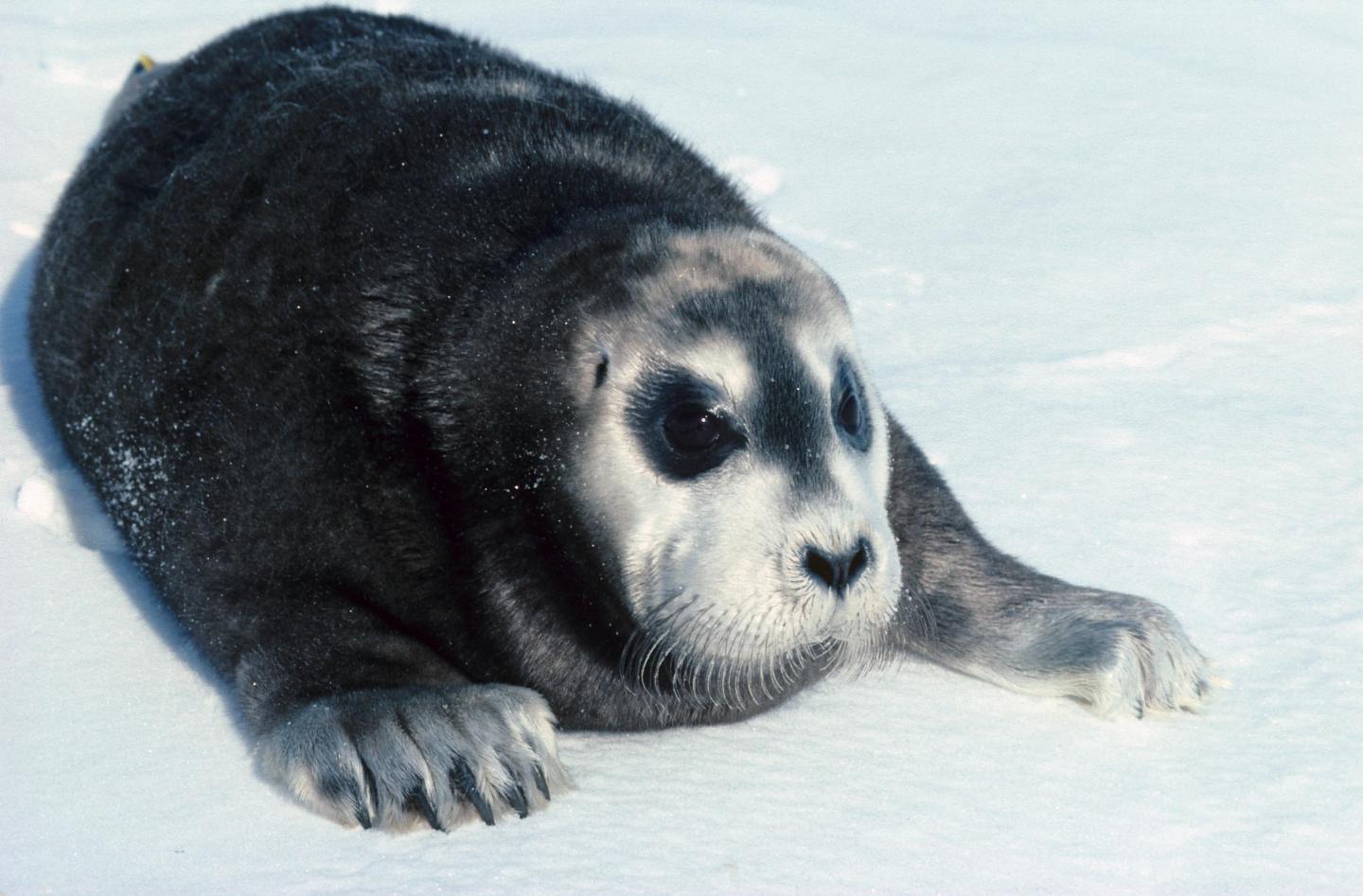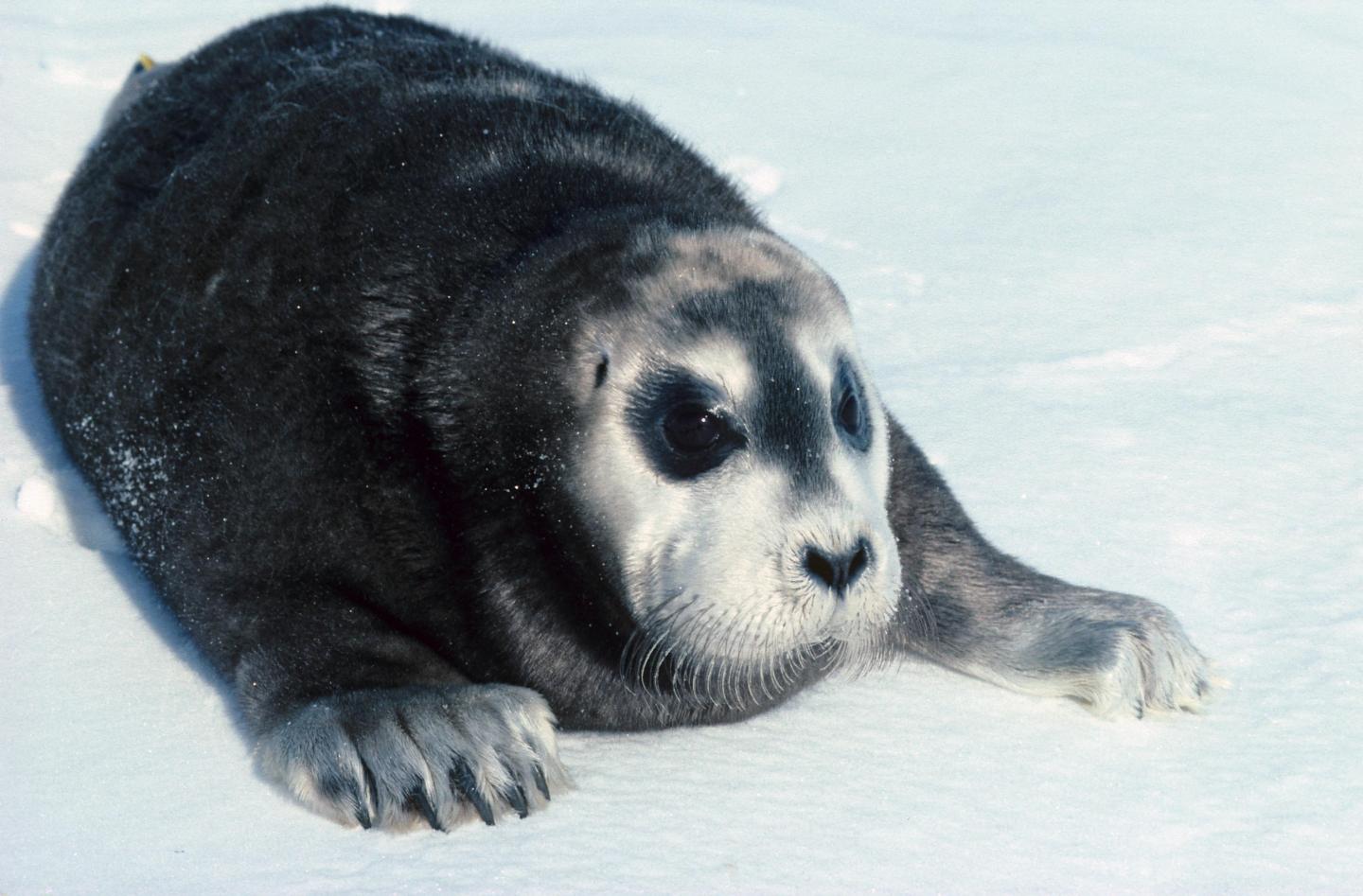
Credit: KIT M. KOVACS – CHRISTIAN LYDERSEN NPI
- Study in journal Science says every aspect of life on earth impacted — from genes to entire ecosystems
- Impacts to humans include increased pests and disease outbreaks, reduced productivity in fisheries, and decreasing agriculture yields
- 80 percent of 94 ecological processes already show signs of distress
- Authors say responses observed in nature could be applied by people to address mounting issues
"Policy makers and politicians must accept that if we don't curb greenhouse gas emissions, an environmental catastrophe is likely," — senior author Dr. James Watson of WCS and University of Queensland
Download hi-res images of Arctic species threatened by loss of sea ice (photo credit embedded in file name): https://www.dropbox.com/sh/q769evudj4lswqp/AABhx0zszViMSdHY_7cuRrwha?dl=0
DOI: 10.1126/science.aaf7671
NEW YORK – Global changes in temperature due to human-induced climate change have already impacted every aspect of life on Earth from genes to entire ecosystems, with increasingly unpredictable consequences for humans — according to a new study published in the journal Science.
The study found a staggering 80 percent of 94 ecological processes that form the foundation for healthy marine, freshwater and terrestrial ecosystems already show signs of distress and response to climate change.
Impacts to humans include increased pests and disease outbreaks, reduced productivity in fisheries, and decreasing agriculture yields.
"There is now clear evidence that, with only a ~1oC of warming globally, very major impacts are already being felt," said study lead author Dr Brett Scheffers of the University of Florida. "Genes are changing, species' physiology and physical features such as body size are changing, species are rapidly moving to keep track of suitable climate space, and there are now signs of entire ecosystems under stress."
Said the study's senior author, Dr. James Watson from the Wildlife Conservation Society and University of Queensland: "The level of change we have observed is quite astonishing considering we have only experienced a relatively small amount of climate change to date. It is no longer sensible to consider this a concern for the future. Policy makers and politicians must accept that if we don't curb greenhouse gas emissions, an environmental catastrophe is likely."
But the study also points to hope as many of the responses observed in nature could be applied by people to address the mounting issues faced under changing climate conditions. For example, improved understanding of the adaptive capacity in wildlife can be applied to our crops, livestock and fisheries. This can be seen in crops such as wheat and barley, where domesticated crops are crossed with wild varieties to maintain the evolutionary potential of varieties under climate change.
###
WCS (Wildlife Conservation Society)
MISSION: WCS saves wildlife and wild places worldwide through science, conservation action, education, and inspiring people to value nature. To achieve our mission, WCS, based at the Bronx Zoo, harnesses the power of its Global Conservation Program in nearly 60 nations and in all the world's oceans and its five wildlife parks in New York City, visited by 4 million people annually. WCS combines its expertise in the field, zoos, and aquarium to achieve its conservation mission. Visit: newsroom.wcs.org Follow: @WCSNewsroom. For more information: 347-840-1242.
Media Contact
JAMES WATSON
WCS/UNIVERSITY OF QUEENSLAND
61409185592
[email protected]
MARY DIXON
1-347-840-1242
[email protected]
STEPHEN SAUTNER
1-718-220-3682
[email protected]





